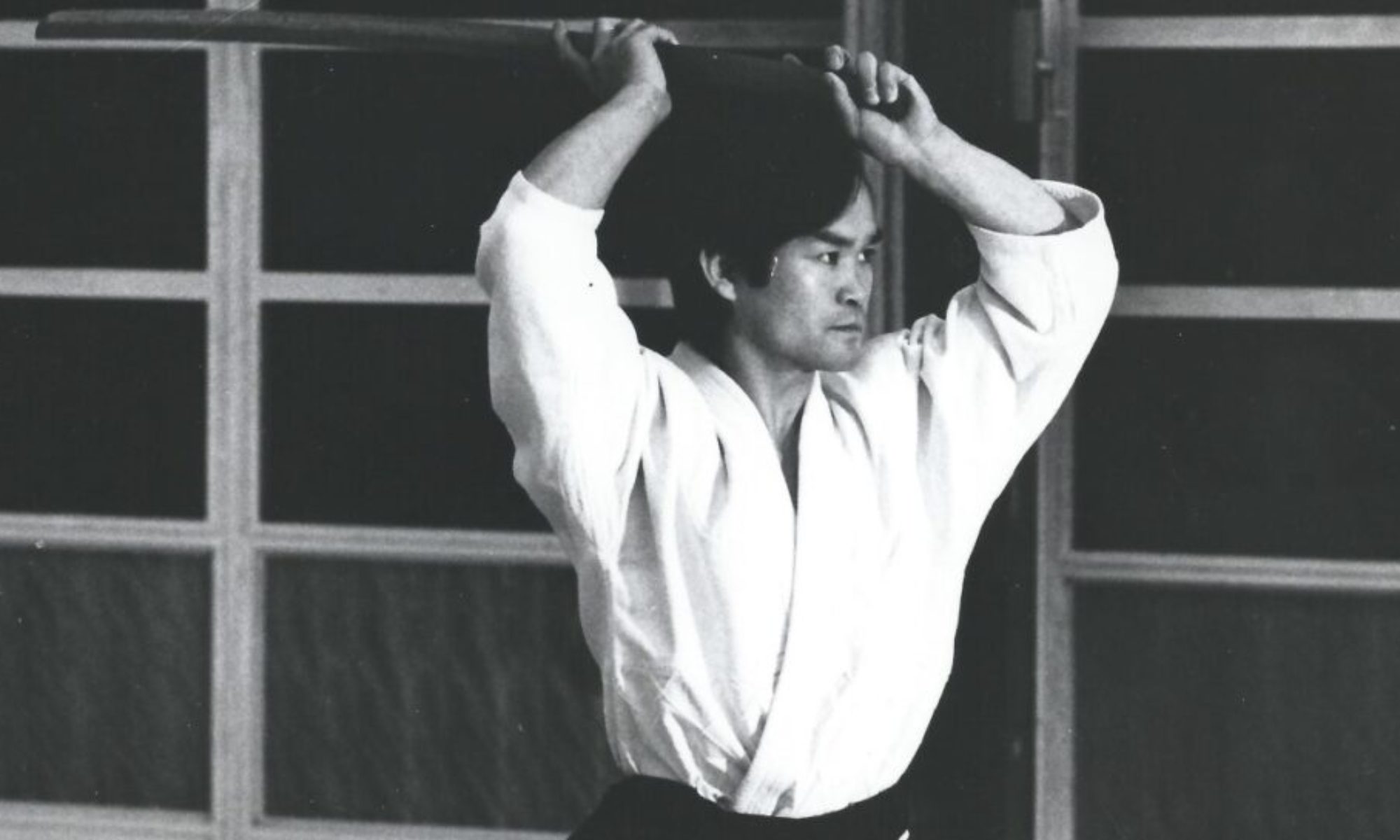Steve Thoms, Chief Instructor Eugene Aikikai
The core of Aikido is practice. The core of Zen is practice. The core of Iaido is practice. Many other endeavors, such as Tantric Yoga, place the same weight on the importance of practice. The reasoning for this is simple – we must develop the neural circuitry to move (or not move) efficiently and effectively. These disciplines have both a spiritual component and a philosophical background. I would suggest that practice is the way to manifest this spirituality and embody this philosophy.
So, it is said in Aikido, Zen, Iaido, Yoga: just practice. The secret is (daily) practice. Practice is hard and, sometimes painful. This is true, both physically and emotionally. There are times, of course, when practice is fun, but it is usually also hard work. This hard work nourishes our souls in ways we never expected. D.T. Suzuki said that the Way is like climbing a muddy hill through brambles. One of the rules for training in Aikido is “Practice becomes joyful and pleasant once one has trained enough not to be bothered by the pain.” I would suggest that the pain referred to here is not just physical pain.
People come to our dojos for many different reasons: exercise, self-defense, recreation, community, and sometimes for self-development. All of these aims are good and can be realized by training in our dojos. Cultivating these qualities takes time and our dojos support this process. Over time, regardless of the reason one starts practice, practice will effect change. For most of us, this is our story and the story of our dojos. But is there something else?
If you look at the philosophy and spirituality which support practice and offer guidance to practice there is obviously something else. Zazen could be said facilitate the awakening of one’s true nature, compassion, and wisdom. The practice of Aikido, Iaido can be seen in the same light. This is no small accomplishment. One needs to practice with sincerity, intention, and awareness. And so, we are often told to enter the dojo or practice hall leaving our worries, concerns, and troubles outside the door. Indeed, this helps. In this way we can sometimes get a taste of the change that practice can bring about. However, for most of us, showing up for practice several times a week is not enough, even if we get that taste. Practice must be a daily thing. It must spread into our daily lives.
How do we do that? To start with, we can live sincerely, with intention and consciousness. A brief look at the Zen precepts in one of its abbreviated forms can help develop a daily practice. There is more to the precepts than this, but if one takes the precepts as a guide to practice, this will be a good start.
• Respect life – Do not kill
• Be giving – Do not steal
• Honor the body – Do not misuse sexuality
• Manifest truth – Do not lie
• Proceed clearly – Do not cloud the mind
• See the perfection – Do not speak of others’ errors and faults
• Realize self and others as one – Do not elevate the self and blame others
It is probably fair to say that life is an array of opportunities, disappointments, and the choices made. We never really know where life will take us and often our plans need to be modified or completely changed. For practice, it is important to recognize the opportunities and make conscious choices around them. It is also important is to recognize the disappointments and make conscious choices around them. Live and make choices with generosity. Keep a clear mind and do not lie to yourself or others. Perceive correctly and respond appropriately. This is daily practice.
As mentioned above, practice is hard and sometimes painful. With this awareness, particularly the ever-present possibility of pain or injury, comes fear. Fear is an important part of practice. Fear is also present in our every day life. For many of us just walking down the street after dark brings fear. I believe that the suggestion “Practice becomes joyful and pleasant once one has trained enough not to be bothered by the pain” means that, with experience and an expanding sense of what is manageable, there is less fear, or, perhaps, the fear has less significance.
But fear is a reality of life. With practice it seems to change in significance. I am not much of a fighter but three times I have stepped in to break up a fight. The first time was more than three decades ago and I was afraid but able to ignore it. When it was over I was pumped with adrenalin and shaking some. The second time was more than two decades ago and I just acted. When it was over I was only shaking a little. The third time; nothing. I walked away from it and went about my business. Also, I used to have a lot of fear taking ukemi for Chiba Sensei. I would always be pumped after and had to be careful with my partner. Then, during one seminar Chiba Sensei call me up for ukemi and there was no fear. I just sat down after and marveled at what had just happened.
I am not trying to say that fear leaves your life. What I do say is that diligent daily practice brings with it a self-trust and self-respect that renders fear insignificant. Practice changes you and that change is everything. That means that practice is everything. The secret to Aikido is practice.
Steve Thoms
Eugene Aikikai


Thank you Sensei !
Brilliant easy , and very timely .
Thank you for sharing these thoughts.